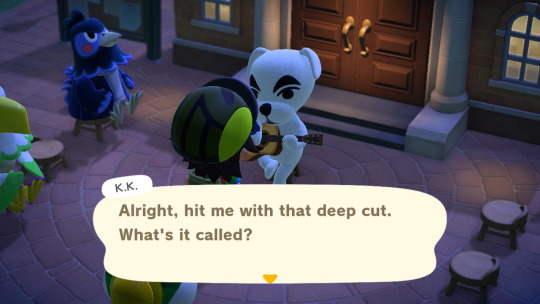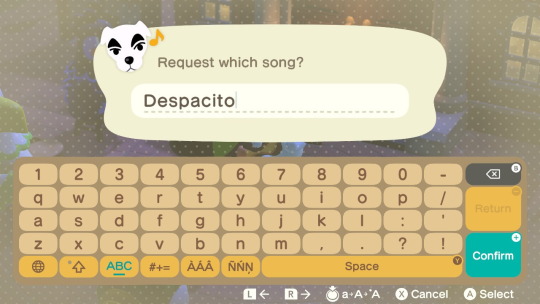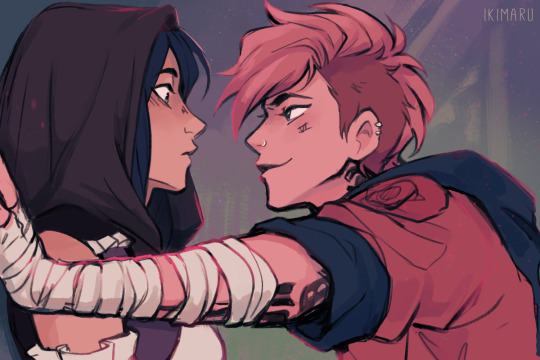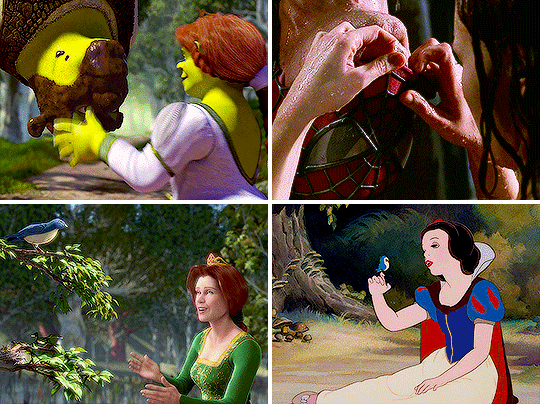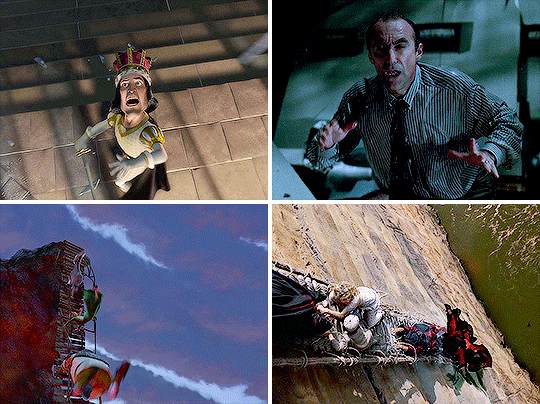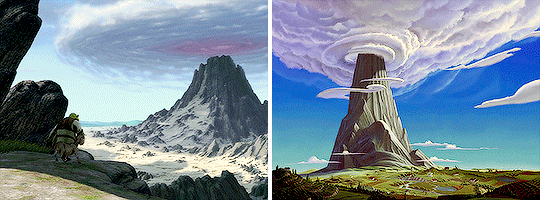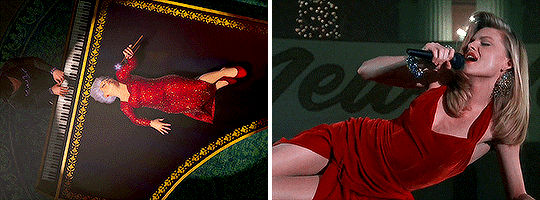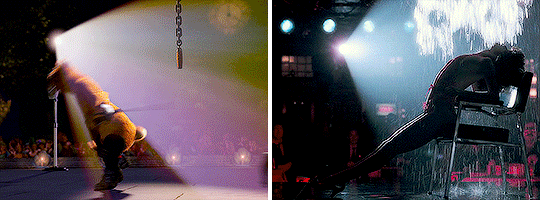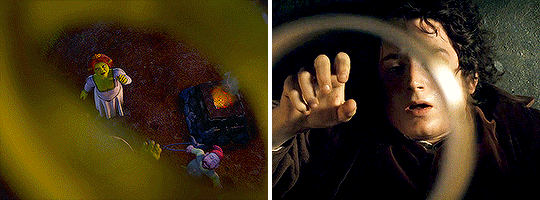yiling/aria °˖✧◝(⁰▿⁰)◜✧˖° multifandom posts 🌸 I draw sometimes! 🌸 art tag: #she draws
Don't wanna be here? Send us removal request.
Text

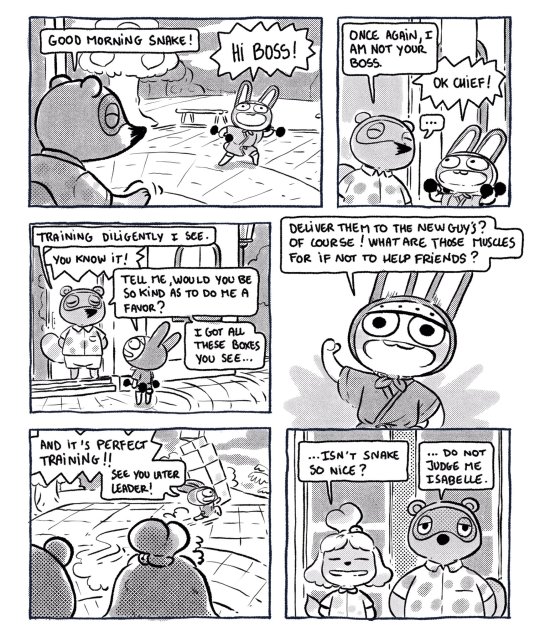

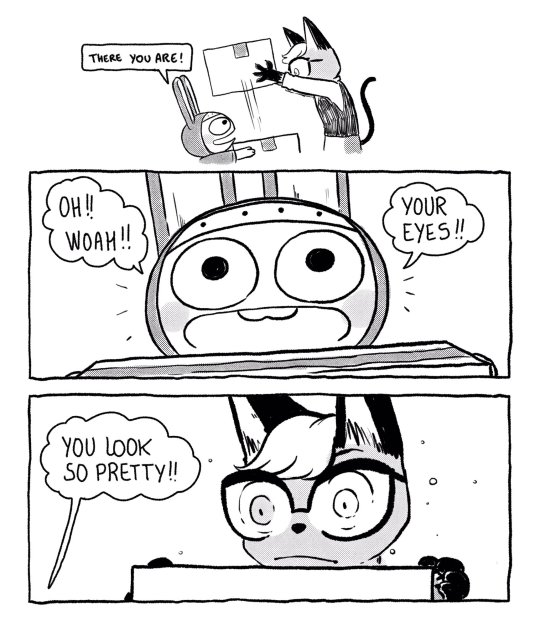

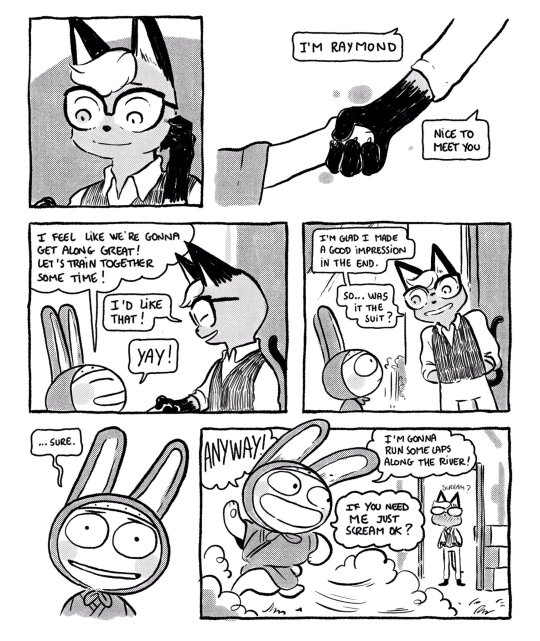
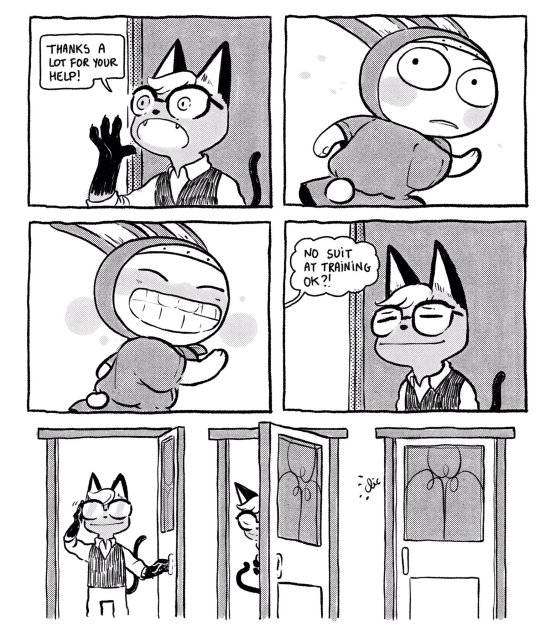
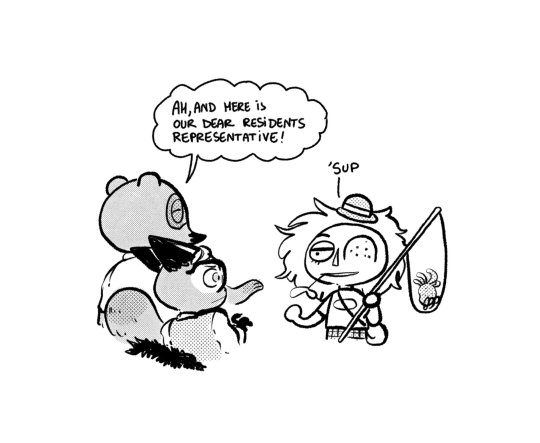
New Horizon, an Animal Crossing fancomic (part 2)
47K notes
·
View notes
Text
do u ever get so jealous of other people who have their lives together and actually do stuff on the weekends and see their friends and have people who love them and talk to them everyday and actually have functioning relationships and u just look at the mess that is ur life and wonder why it’s so fucking hard for u to have all that like its a fantasy for you because it just seems so unattainable
52K notes
·
View notes
Text


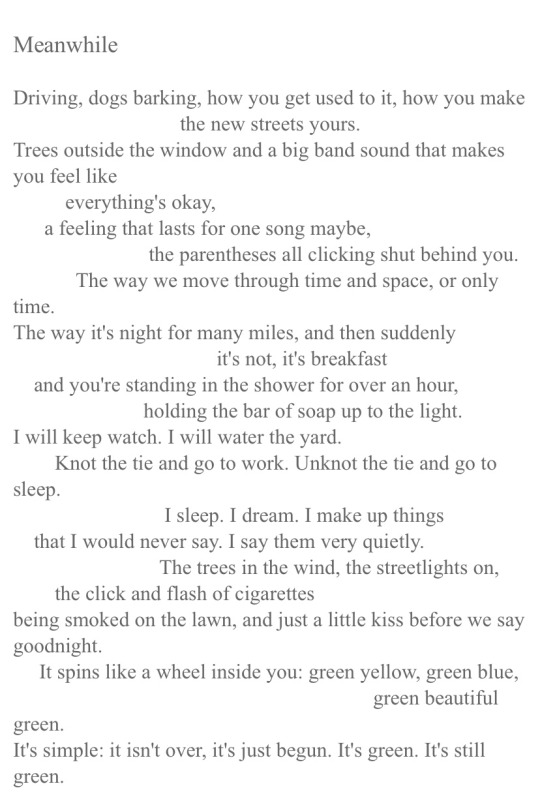

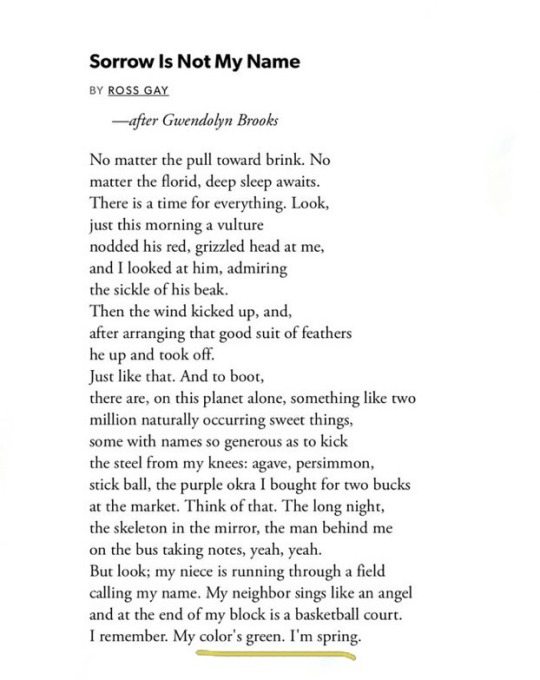

gwendolyn brooks / milsae / richard siken / mario miranda / ross gay / jacob van loop
30K notes
·
View notes
Photo










Evening doodles! #pascalcampion
1K notes
·
View notes
Photo
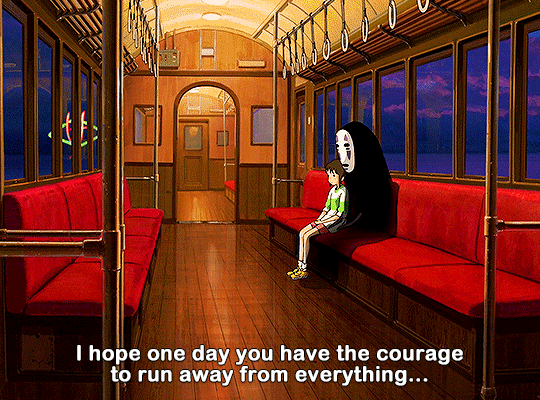
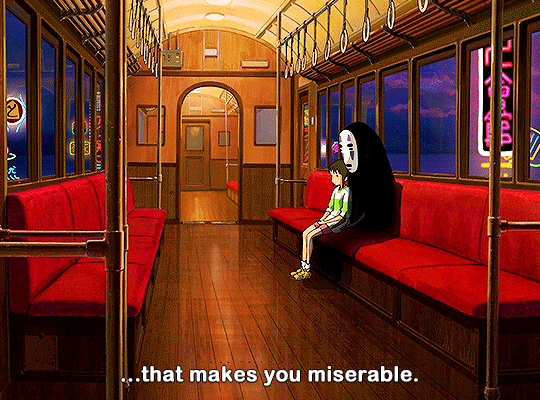
“Always believe in yourself. Do this and no matter where you are, you will have nothing to fear.”—Hayao Miyazaki
SPIRITED AWAY | 千と千尋の神隠し (2001)
60K notes
·
View notes
Photo
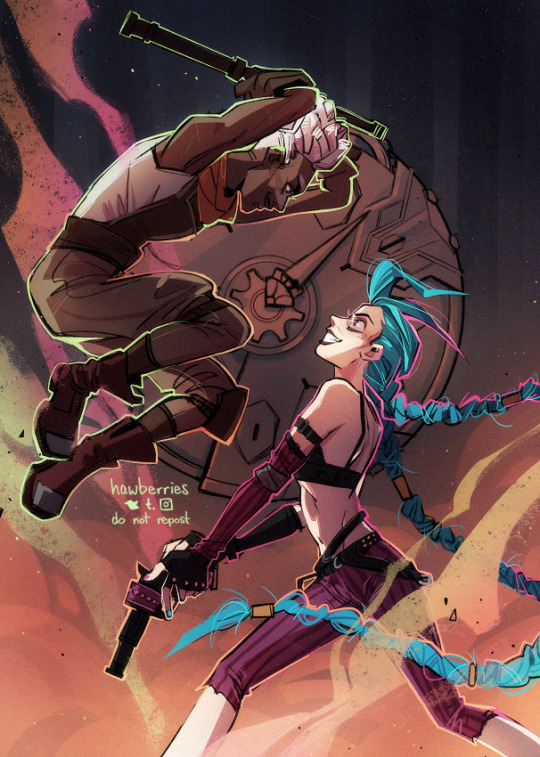
never learned to raise my hand, was too busy raising hell
[image is a digital drawing of Ekko and Jinx in stylised combat; Ekko is leaping up and swinging a length of pipe over his head, while Jinx is stepping forward and drawing her pistol. their gazes are locked on each other; Ekko is smirking, Jinx grinning manically. an image of Ekko’s pocketwatch hangs behind them and fiery plumes of smoke or dust are kicking up around them.]
24K notes
·
View notes
Text




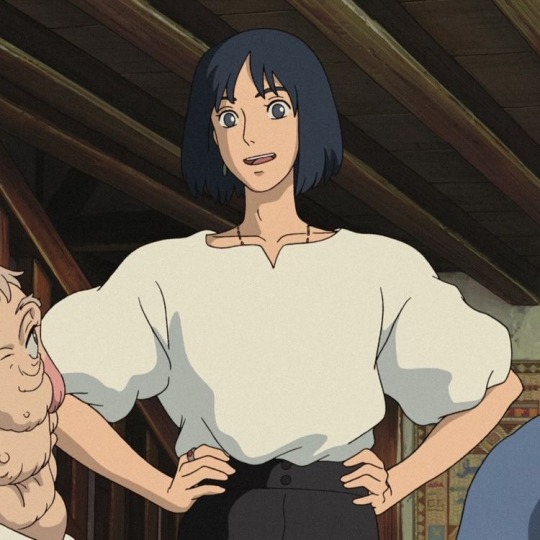
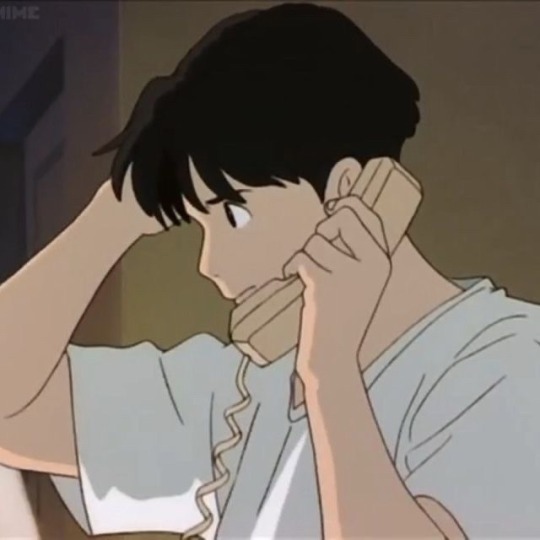
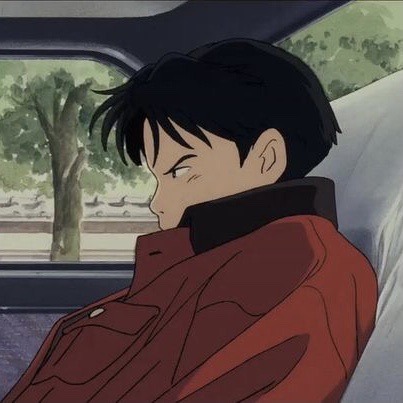



Ghibli boys giving me gender envy 🙏🏻
18K notes
·
View notes
Photo

“studio ghibli romances be like “what if we didn’t kiss, but instead both spiritually matured as people because we met each other.”
“I’ve become skeptical of the unwritten rule that just because a boy and a girl appear in the same feature, a romance must insue. Rather, I want to portray a slightly different relationship, one where the two mentally inspire eachother to live-if I am able to, then perhaps I’ll be closer to portraying a true expression of love.” -hayao miyazaki
158K notes
·
View notes
Photo
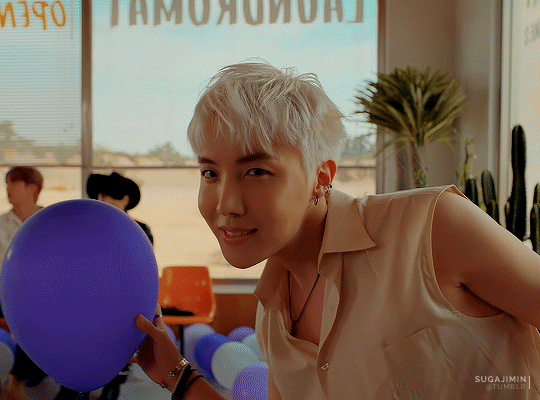
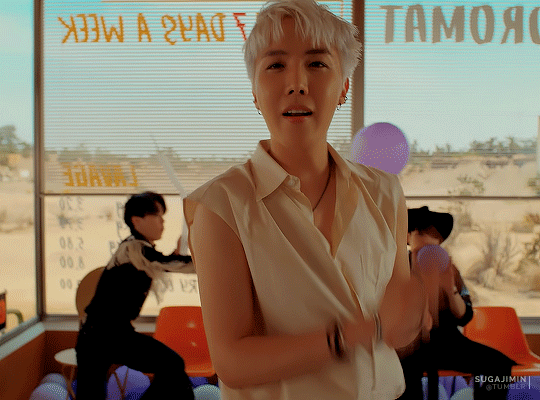



this part right here was so cute
3K notes
·
View notes
Note
How do you make people fall in love with you
challenge them to a duel
363K notes
·
View notes
Photo




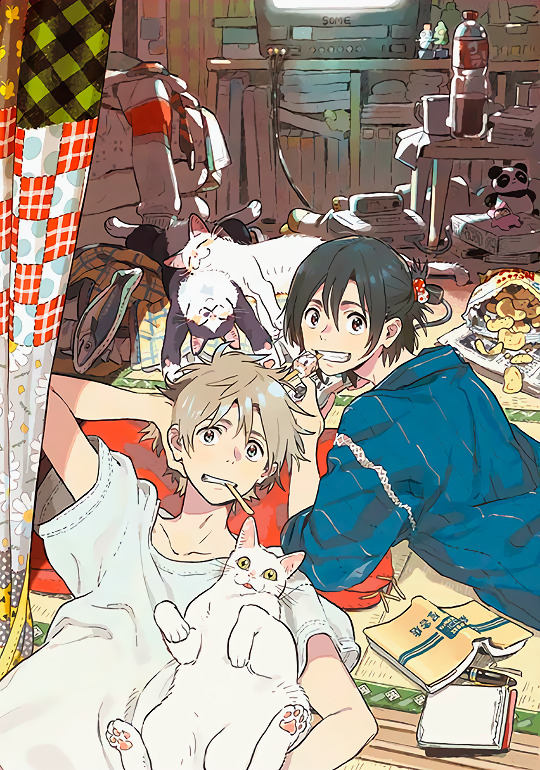
“I’m in love with you. So fall in love with me too!”
4K notes
·
View notes
Text
You’re writing PTSD dreams wrong
But don’t worry, most writers are and I’m here to help because reading them is making me cRAzY.
I’m writing this because I’ve read three otherwise great romance novels back to back featuring characters dealing with PTSD (or PTSD symptoms) and each one of them made the same dream mistakes. I honestly can’t think of a fiction book I’ve read that didn’t make these mistakes, so I thought I’d compile a handy dandy list of mistakes and how to fix them.
Lucky for you, I have PTSD and a ton of fellow veteran friends who deal with these symptoms.
*This is based on my experience and things told to me by friends. This is not to say that the below doesn’t happen in real life, only that it’s not as common as you might think.
The issue with these dreams is twofold: on one side is the psychological accuracy of the dream and on the other side is how you’re using the dream within the narrative.
Oh an Black Sails spoilers-ish ahead.
1) Stop writing the dream as a shot-by-shot accurate retelling of Traumatic Event.
Listen, not only do dreams seldom follow reality, but our own memories are tricky at best. I don’t remember getting beaten up because a) it was horrifying and we block stuff like that out and b) I was going in and out of consciousness. It would be pretty strange for me to dream something I don’t even fully remember. Our brains are simply not wired to do these vivid factually-accurate cinematic retellings.
My friend dreams things that did happen, but in his own words those dreams are always wrong in some noticeable or bizarre way. For instance, he’s getting chased through the streets of Iraq by a werewolf.
2) Dreams are informed by reality, not direct reflections of it.
It’s entirely likely my friend dreamt of a werewolf in Iraq because I got him binge watching Supernatural and the two ideas merged in his dreamstate. But see, that’s how dreams work.
The trauma event exists as a constant in his subconscious, but he has all this other information right there in his conscious mind all day, every day. In dreams, there isn’t a clear delineation between that information.
My dreams are often dependent on whatever I’ve fallen asleep watching on television. The themes are consistent, but not the content.
In Black Sails, Captain Flint’s trauma dreams feature his dead partner and friend following him around his empty ship. You have an element of the trauma (the animated corpse of his friend) + his daily existence (his ship). The two things intersect to form these unsettling nightmares as expressions of his fears and grief. He never once relives the event itself in his dreams as shown on screen.
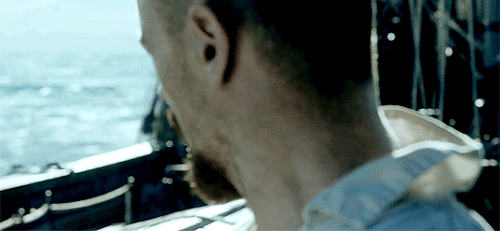
Speaking of…
3) Trauma dreams often revolve around feelings, not necessarily the events themselves.
The PTSD package generally includes heaps of shame, guilt, anger and fear. As someone who survived a beating when I should have had control of the situation, my dreams tend to revolve around fear that people will know I’m a fraud or being unable to act in a dangerous situation.
Again, it’s entirely common for trauma victims to not remember large chunks (or the whole thing) of the trauma event. So why should their dreams be stunningly accurate? What we remember are feelings. Real strong feelings.

You cannot go wrong if you write your trauma dream around feelings, not a specific event.
4) If you present trauma dreams as expressions of themes, you can let go of the trauma dream as an exposition dump/way overused suspense trope.
You know you’ve read this: MC has dreams that are a shot-by-shot retelling of Traumatic Event that always cut off right before Traumatic Event, so that the Big Reveal must happen by a discovery later in the novel.
If I were the MC in a book, the easy and common thing would be to use the “dream sequence” as an expository retelling of Traumatic Event as a way to give some backstory to why I might be surly, mistrustful, afraid to try something new, whatever, and to clumsily shoehorn in suspense where there doesn’t need to be.
The much more interesting thing might be if my dreams were inconsistent in content but consistent in theme. In one I’m on an alien planet (because I fell asleep watching the Science Channel again) and the ground opens up and I fall into a pit from which I can’t escape because I am helpless. In another a man is watching me while I sleep where I am again frozen and helpless. This would force the reader to think: what is the recurring issue in these dreams? Why is it important? What is this telling me about this character and what happened to her?
It could be a personal preference, but I’d rather see the Traumatic Event either told in narrative flashbacks (not dreams) or verbally retold by the character in question. Let the dreams tell me something deeper about the character. It’s not that I was beat up, it’s that I feel like a failure because of it. One of these things is a shallow factual detail, the other tells you something about me as a person that I’m sharing with you, gentle reader, because talking about this stuff is healthy.
5) The Traumatic Event doesn’t have to be a big secret.
In Black Sails, we know what happened to Captain Flint’s partner. It happened in real time in the show. That didn’t make his uber disturbing dreams less disturbing or mysterious. Fans still debate exactly what the symbolism was and what they were telling us about James Flint in those moments. We do know from the dreams that he was disturbed, obsessed, and also monumentally guilty and blaming himself for what happened.
The mystery was perhaps more heightened by the fact that the dreams weren’t direct reflections of reality. We know who this person was, what she believed, and why she died. That Flint is imagining her screaming silently in his ear is horrifying and discordant with what we know to be factual. This adds emotional complexity to his character and the decisions he’s making while suffering these dreams.

^^^this didn’t happen. It was a dream. A real unsettling dream.
Once you let go of the concept of the trauma dream as a literal retelling and exposition dump, you have the entire dreamscape to work in other narrative elements, like symbolism, metaphor, foreshadowing, etc.
*1st gif source: @idontwikeit
35K notes
·
View notes
